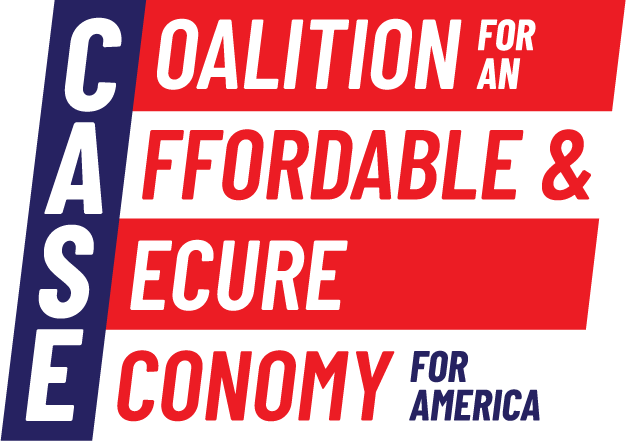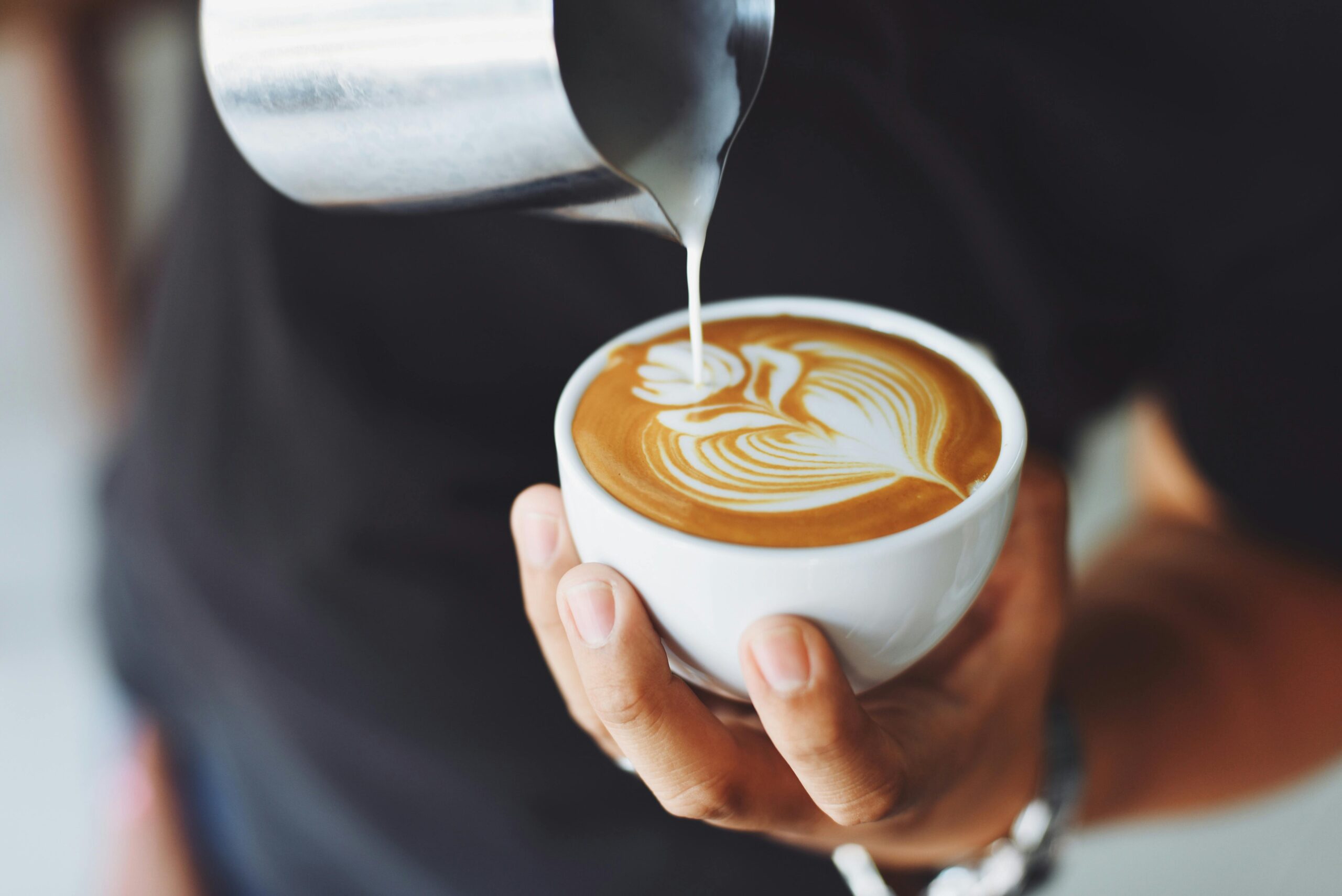Tension is brewing across the country as American businesses are confronting a challenge that could change how consumers get their caffeine fix.
Unlike steel or aluminum, coffee isn’t widely produced in the United States and the majority of coffee in the country is imported. Potential tariff increases ranging from 10% to 46% on imports from Asia, Central and South America, along with a 10% global tariff, could soon raise the cost for American consumers at the counter.
The average retail price of coffee in the United States has risen significantly in past years, largely due to supply chain disruptions and inflation. Tariffs would add further pressure, potentially pushing retail coffee prices up even more and destabilizing an already volatile market.
Tariffs on coffee beans would affect three in four Americans, with more than 70% of American adults drinking coffee weekly and 63% consuming it daily. For local coffee shops, this means losing customers, increasing menu prices and struggling with inventory.
Small and local coffee shop owners are now facing a tough decision: absorb the increased costs and potentially go out of business, or pass the expenses directly to customers and risk losing their loyal following.
Here’s how Americans are feeling the grind on their wallets:
Supply Chain Chaos and Increasing Import Prices:
- The United States imports over 99% of its coffee.1
- In 2024, the United States imported nearly $9 billion worth of coffee and coffee products from across the globe. 2
- In 2023 and 2024, Colombia supplied $1.4 billion worth, or 20%, of the coffee imported by the United States, making it the country’s second-largest source after Brazil, which provided 32%.3
- A potential 46% tariff on Vietnamese coffee beans would cost American importers nearly $8,000 per ton — a steep increase of $2,500 from the global standard of $5,400 per ton.4
- The international coffee market has already seen significant volatility and Arabica coffee futures have increased 21% in just one month, with prices more than doubling compared to a year ago as shipping delays and the threat of tariffs weighs heavily on businesses.5
Cost At The Counter:
- The coffee industry generates $343 billion in economic activity, with each dollar of coffee imports creating $43 in value for the U.S. economy.6
- Should costs continue to rise, consumers may opt to save their spare change and make their coffee at home, further hurting small businesses.7
- Americans spend nearly $110 billion per year on coffee.8
- In the wake of tariff uncertainty and inflation, the retail price of ground coffee hit an all-time high in March 2025 at $7.38 per pound, up 84% from $4.30 in January 2020.9
- Smaller, speciality roasters in the United States, such as those featured in local cafés, will face higher financing costs with smaller shipments, resulting in increased costs as demand grows and supply dwindles.10
1
[1]https://www.cbsnews.com/news/tariffs-coffee-price-trump/
[2]https://www.cnn.com/2025/01/28/business/coffee-prices-rising-colombia-tariffs/index.html
[3]https://intelligence.coffee/2025/02/trumps-trade-wars-fuel-coffee-prices/
[6]https://intelligence.coffee/2025/03/trumps-trade-wars-bad-news-for-coffee/
[7]https://www.cbsnews.com/news/tariffs-coffee-price-trump/
[8]https://www.ncausa.org/Issues-Regulation/Coffee-and-Trade
[9]https://www.cbsnews.com/news/tariffs-coffee-price-trump/ [10]https://www.gcrmag.com/coffee-and-trump-trade-tariffs-and-turbulence/

